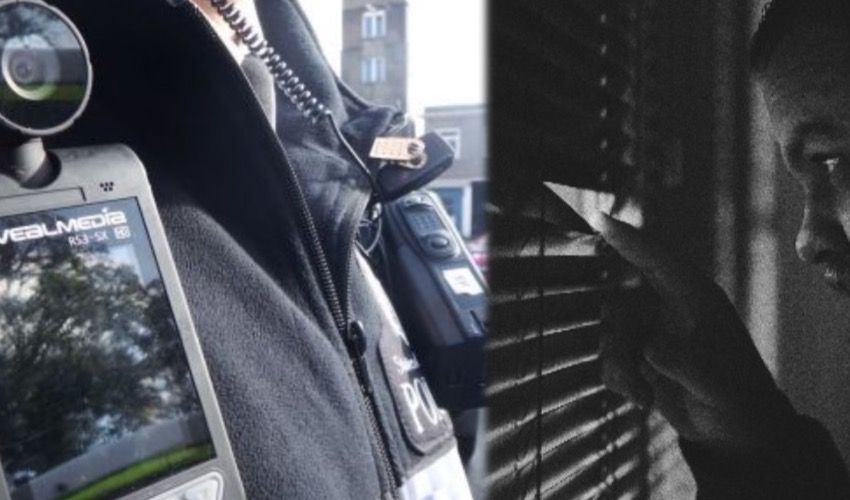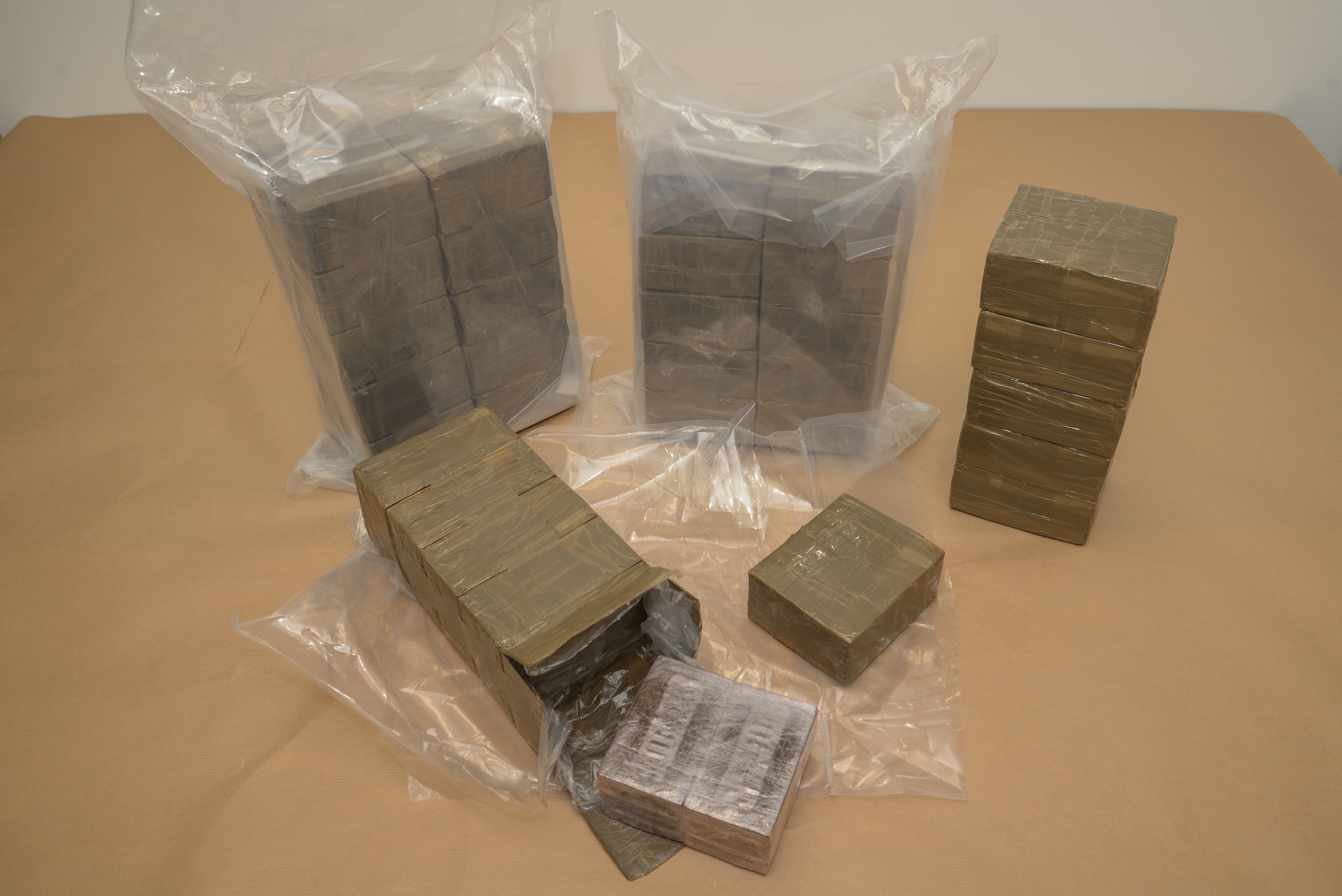

Phone-tapping and direct surveillance have helped keep hard drugs and ill-gotten gains totalling “millions” off island streets, a review into local investigatory powers has revealed.
The Investigatory Powers Commissioner, Lord Anderson of Ipswich, K.B.E., Q.C, a judge of the Jersey Court of Appeal, reviewed all surveillance operations undertaken last year and concluded they had been not only lawful, but also an efficient way of cracking down on crime.
His report noted that a total of 57 warrants for interception were issued last year, as part of 18 different investigations led by the Police and Customs and Immigration. They mainly related to drug trafficking into Jersey and associated money laundering offences.
Interception, or phone-tapping, is only authorised when H.M. Attorney General issues a warrant. The Police, the Agent of the Impôts and the Chief Immigration Officer in Jersey can apply for such warrants. Certain Heads of Security Services and the Armed Forces in the UK, and competent authorities of foreign states with which Jersey has a mutual assistance agreement, are also able to make requests.
The Attorney General only grants requests for warrants if he considers it is necessary in the interests of national security, to prevent or detect serious crime, to preserve the economic well-being of Jersey, or to give effect to the provisions of international mutual assistance agreements.
The content of the communications that have been intercepted cannot be disclosed, even as part of legal proceedings. As the report explains: “As in the UK, but in contrast to most of the rest of the world, intercept is therefore inadmissible as evidence in criminal trials in Jersey. This means that when intercept is sought in Jersey, the intention is generally to find not evidence but intelligence which can help build a picture of the criminality involved, or assist in planning a disruption or further intervention from which admissible evidence may be acquired.”

Pictured: 57 warrants were granted last year to allow the interception of phone conversations.
Requests for ‘communications data’ made most commonly to phone networks, sometimes described as the “who, how, when and where” of a communication, were the most widely used of the investigatory powers in Jersey last year, with 162 applications made. Only three of those were refused.
The report notes: “The acquisition of communications data is treated by the law as less intrusive than the interception of content, even though it is possible to tell a good deal about a person’s movements and contacts through analysis of communications data.”
Last year, communications data was found to have not only helped to target drug trafficking networks, but in support of investigations into a range of other crimes, as well as in a missing persons investigation.
Six authorisations for intrusive surveillance and 16 for interference with property were also applied for and granted last year. Intrusive surveillance describes covert techniques, carried out at someone’s home or inside their private vehicle. “Though it may involve the presence of an individual, it has traditionally taken the form of a surveillance device: for example, a “bug” attached to a vehicle or dwelling,” the report explained.
Directed surveillance authorisations and cover human intelligence sources (CHIS), where a person establishes or maintains a relationship with someone for the covert purpose of obtaining information, were also used last year.

Pictured: Investigatory powers were used in investigations into drug trafficking.
Lord Anderson said he observed a number of examples of good practice, from both Jersey Police and JCIS, and from Law Officers. He added: “The few errors that were drawn to our attention had been promptly corrected, and without serious detrimental effects. We were able to make a number of suggestions for practical improvements, which those concerned indicated their willingness to implement.”
He concluded that all investigatory powers were exercised “in a lawful, proportionate and generally conscientious way.” He added that they made a major contribution to the prevention and detection of serious crime in Jersey, particularly in relation to drug trafficking and associated money laundering.
The report notes that investigatory powers were used to seize several millions worth of cash of drugs and remove substantial quantities of Class A and Class B drugs from the market. A number of arrests, which led to convictions and long prison terms, were also aided.
Comments
Comments on this story express the views of the commentator only, not Bailiwick Publishing. We are unable to guarantee the accuracy of any of those comments.